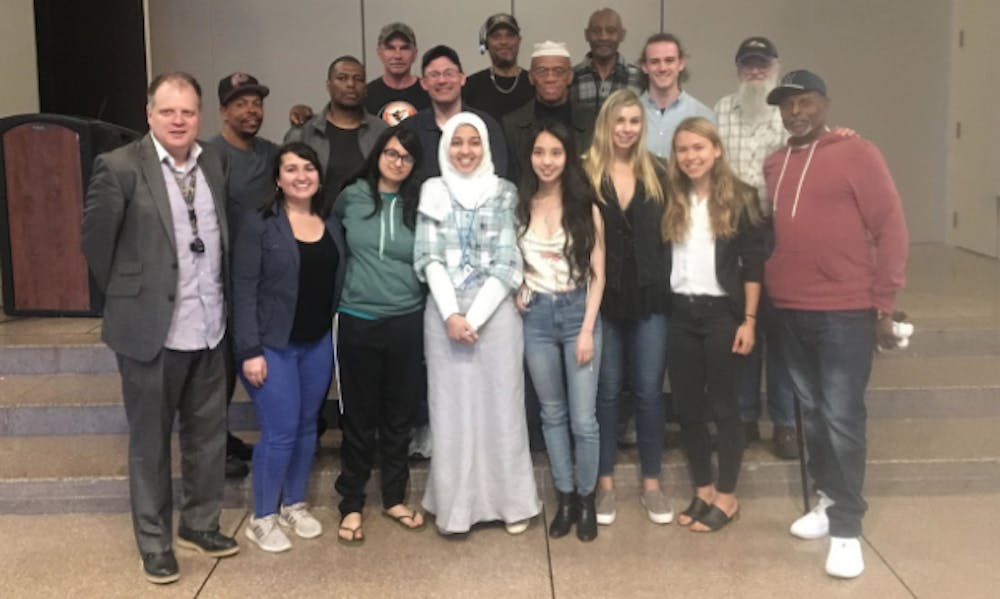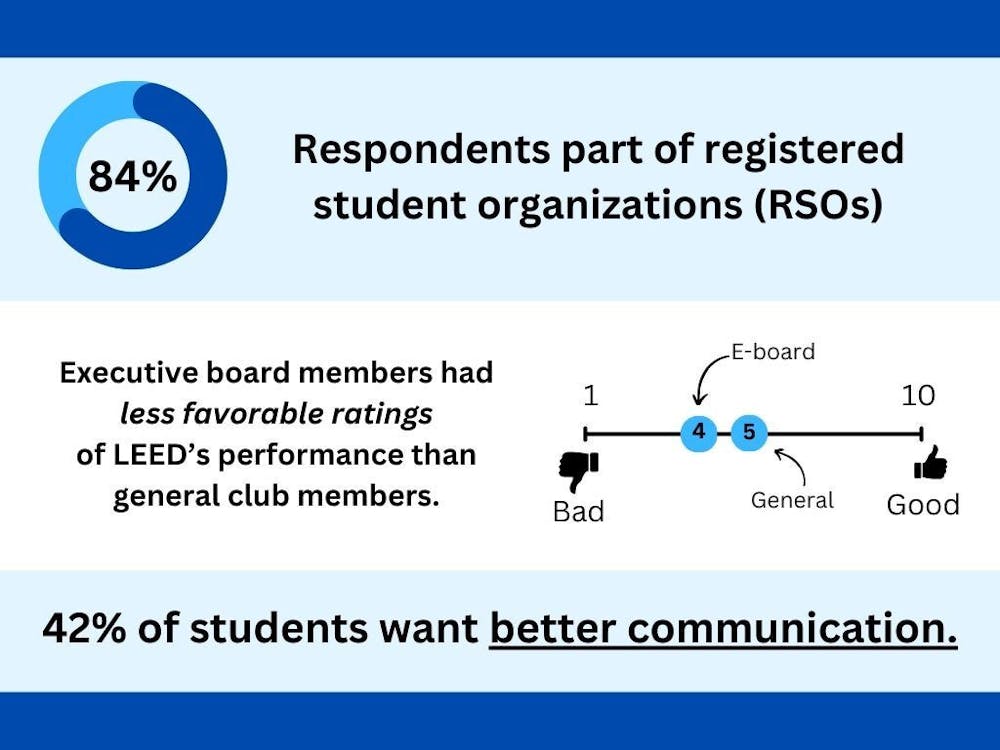The Johns Hopkins Jail Tutorial Project (JTP) held their annual speaker series titled, “The Roundtable Discussion on Drug Use in the Criminal Justice System,” at the Glass Pavilion on Thursday, April 18. The event, which centered on drug use in the criminal justice system, fostered discussion between a variety of participants, including non-profit workers, lawyers, professors and JTP members.
JTP, founded in 1981, connects student volunteers to inmates in the Baltimore City Prison system in order to provide educational services.
The event sought to be an opportunity for the Hopkins community to engage in a discussion centered around advocacy in the Baltimore community. This year, organizers chose not to use the lecture format of previous years in favor of a roundtable discussion. According to JTP President Christina Ambrosino, this was to maximize what the students were learning at the event.
“We wanted to have people be able to think about these issues and be able to digest it and pick it apart and hear each other’s viewpoints from a more interpersonal setting rather than [listening to a] lecture,” Ambrosino said.
The event featured speakers such as Harriet Smith, executive director of the Baltimore Harm Reduction Coalition. The Coalition provides overdose response training and hosts educational seminars and film screenings.
Smith detailed the historical origins of the current criminal justice system with specific respect to its response to illegal substance use. She further explained how her organization helps to remediate issues within the system through harm reduction. Smith emphasized the importance of social networks in lowering risk.
“When people drink together, that’s harm reduction because you are less likely to fall out if you’re with a buddy and if you do maybe that buddy can give you assistance. Having a social safety net, that’s ‘harm reduction,‘“ Smith said.
Audience members engaged in discussions about the present treatment of drug addicts in society and the root of drug addictions in fractured communities and families. People drew from the lectures and from their own personal struggles with substance abuse disorders.
Christina Ambrosino described the rewarding nature of working with incarcerated Baltimoreans through the JTP.
“To me, and for a lot of the tutors, the one-on-one interactions — or group setting if that’s how it’s made up — really are the highlight. Getting to know people stories; for example, working with people’s resumes. You get to know more of their life history,“ she said
Although this event centered around drug use and addiction, JTP provides services for many marginalized members of the Baltimore community. Ronald Wang, the vice president of JTP, described his experience working with adolescents at the Greenville Juvenile Center.
“Many of them come from fractured neighborhoods with low socioeconomic backgrounds,” Wang said. “Connecting with these youth and showing them that there are other opportunities out there that could be obtained through educational paths is a little bit of a challenge but like Christina, I also deeply enjoy learning about my students.”
The organization will continue to provide tutoring for incarcerated communities in Baltimore. Looking forward, JTP aims to promote advocacy within the Hopkins community and collaborate with other University organizations.

















Please note All comments are eligible for publication in The News-Letter.